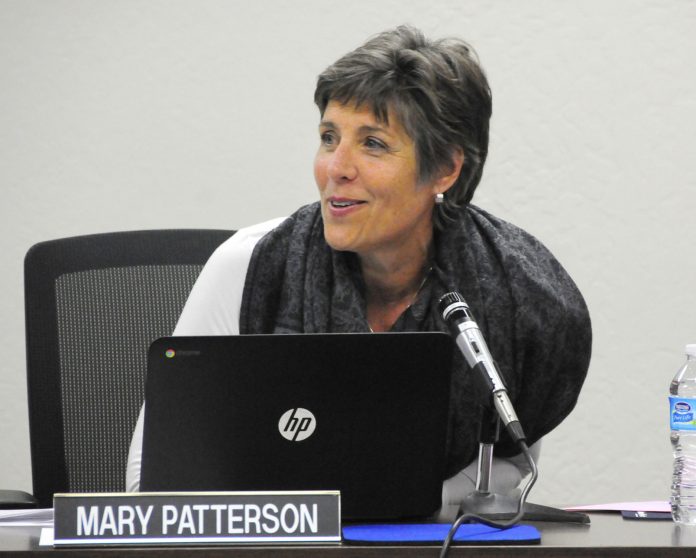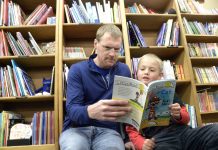A parcel tax measure to help fund local education has the potential of eclipsing the three-fourths threshold needed to pass if put on a 2018 ballot, according polling results presented to Morgan Hill Unified’s school board at their June 20 meeting.
Polling for the possible parcel tax measure was conducted beginning June 1, and 400 likely voters participated, according to Gene Bregman from Gene Bregman & Associates, which the board employed with the task. Bregman gave a detailed presentation of the polling procedure and results to district leaders Tuesday night.
The results showed that voters were likely to approve a $55 tax increase for an education parcel tax by 68 percent on the June 2018 ballot and by 72 percent on the November 2018 ballot. If approved, the parcel tax would generate about $1.1 million annually for the district based on an estimated 20,000 parcels.
“It depends on how much money you need and when you need it,” Bregman told the board. “(The results show) that you need to stay in double digits (for a tax increase) even if it is not going to give you what you want.”
A higher $75 tax increase gave a favorable 68 percent approval rating among the 400 likely voters pool for the November 2018 ballot, but was slightly under at 61 percent if ballots are cast in June 2018. At $95, the approval rating dipped to 63 percent in November and 55 in June.
Board Vice President Tom Arnett said the results “were encouraging” and left the door open for pursuing a possible parcel tax in the future.
“I think we have a clear need for finding ways to improving revenues for the district so we can make sure our spending isn’t deficit spending, and also to meet other goals and priorities such as paying teachers,” Arnett said. “We have to look at ways to improve our financial position and it looks like a parcel tax could be a viable option in moving forward.”
The purpose of the polling was “to evaluate the opinions of voters in Morgan Hill Unified School District regarding a possible parcel tax measure for 2018 and related issues,” according to the June 20 agenda. Voters were given a range of tax increases from $195 down to $55. They were also asked a number of questions regarding their opinions of the school district.
Trustees said they will revisit the possibility of a placing a parcel tax on an election ballot at a future board meeting.
“Thanks to the survey that was conducted, we now have reliable information about the voting public’s support for a possible parcel tax, for what projects and at what levels,” MHUSD Superintendent Steve Betando said. “The poll results reflect a positive opinion about the school district and the fiscal accountability in managing our budget, all which signals that a parcel tax is a consideration for the board as a source for support.”
Parcel tax 411
The district previously sought approval for a parcel tax in June 2006, which was called Measure E, but the parcel tax was unsuccessful with only a 55.5 percent approval rate. A parcel tax requires a two-thirds approval rate.
“Our schools are sorely underfunded. I see it every time I walk on a school campus. I hear it every time I talk with a teacher trying to pay rent,” Trustee Mary Patterson said. “I feel it when our district’s great ideas for improvement have to be put on hold because we can’t afford it.”
A parcel tax is a form of property tax assessed at a rate based on the characteristics of a “parcel,” rather than on the assessed value of the property, which is the standard method for levying property taxes, according to ballotpedia.org. It can be used for any type of spending, including construction costs, employee salaries and other projects or needs.
In April, the board approved a $24,000 contract with Bregman and Associates to conduct the parcel tax polling.
Other poll results showed that 54 percent of voters gave an excellent/good rating to district classroom teachers and 47 percent gave that same review for MHUSD in general, while 34 percent offered an excellent/good rating for the school board and 33 percent did the same for the superintendent.
Sixty-one percent of the 400 likely voters polled agreed the district either had a great need or some need for more money. At least 60 percent of those polled believed that parcel tax revenues would be best served to expand programs focused on 21st century learning; keep up with technology; expand the college and career pathways; increase teacher salaries; add special education programs and personnel; and maintain art and music programs.








